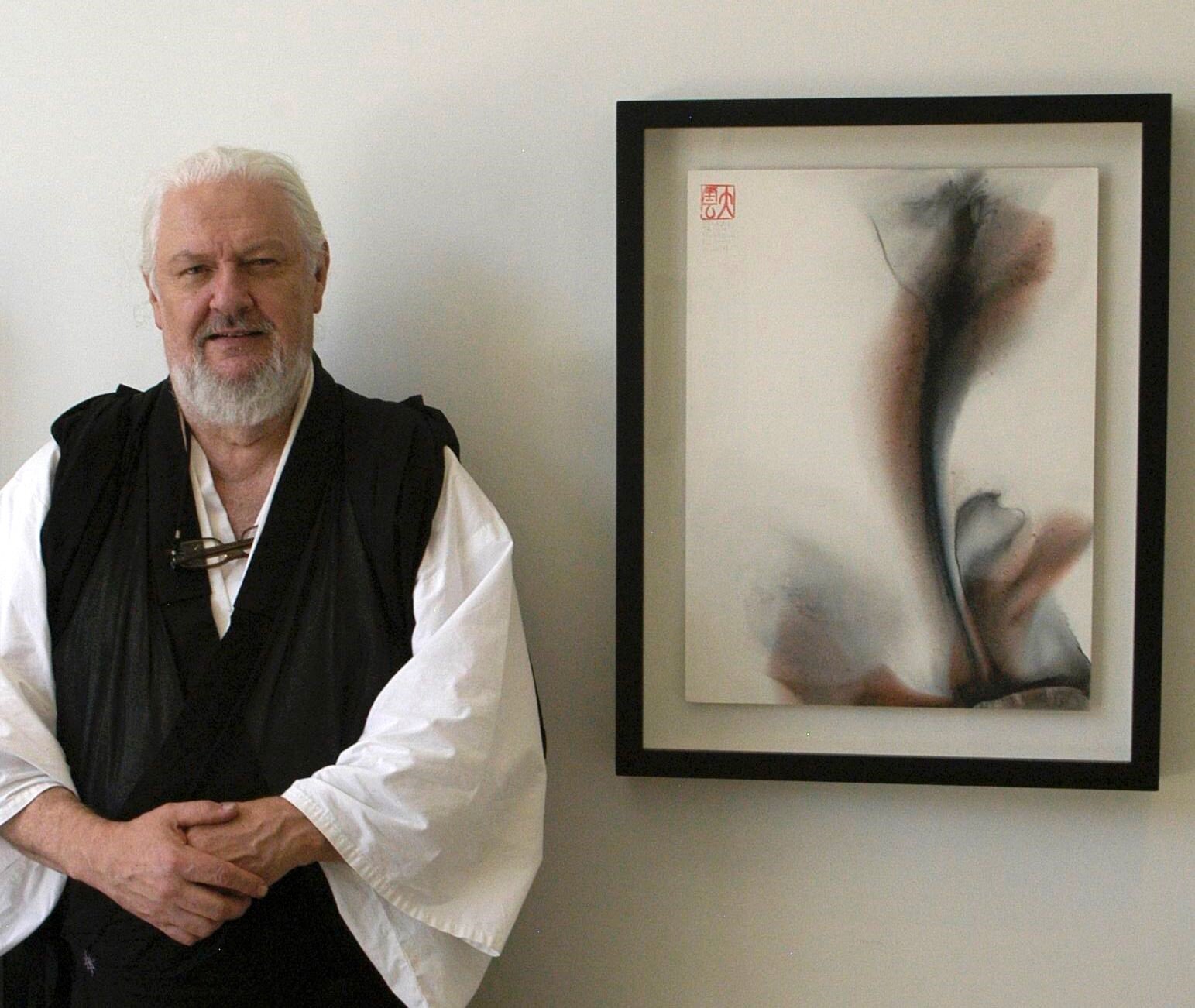25. CitiZenship Quartet 1: Tribalism
SUBSCRIBE TO UNMIND:
RSS FEED | APPLE PODCASTS | GOOGLE PODCASTS | SPOTIFY
Once we lived in tribes:
A hundred fifty or so —
Now it’s out of hand.
Humans once lived in tribes, pursuing survival through strength in numbers, hunting and gathering. Apparently our tribal leaders occasionally went to war with the neighbors, but only once we could afford to, having gathered enough roots and berries to tide us over. Or when we found it easier to plunder their larder, along with their nubile women, even children, and other spoils. Which would amount to more mouths to feed, I suppose. Except that the captives were subject to being put to use as slaves, more than earning their keep. I suppose anthropology would reduce the inherent contradictions involved to some principle of survival value — enhancing the gene pool, for example.
I once knew a graduate student in history, developing a thesis based on the premise that much of history could be attributed to boredom. The basic idea, overly simplified, was that once the larders were full and people, especially the leaders, found they had time on their hands, their attention would wander to conquest, often within their own tribe, or when they had established absolute power, using that power to become conquistadors. Such was the power of boredom.
I was just beginning my exploration of Zen meditation at that time, and so had had some personal experience with the concept of boredom. I had come to the conclusion that what we call “boredom” is actually an erroneous attitude, based upon a certain poverty of imagination. That is, not only can we always find something entertaining with which to distract our monkey mind, but more importantly, that if and when we can and do find ourselves experiencing boredom, we simply do not understand the dire straits that we are actually facing. Birth is the leading cause of death, and we are always, once born, a hairsbreadth’s distance from the threat of aging, sickness and death, or being injured. In fact we are continually dying, cell by cell. You have to ignore a lot of reality to embrace the luxury of being bored. My argument persuaded my friend that he might consider another premise.
One of the perhaps apocryphal stories of Buddha’s life relates that the leaders of a neighboring tribe consulted with him about their plans to wage war on another tribe. According to the story, Buddha did not simply declare that war is always bad, or a bad idea in any case, but inquired as to whether both sides — both tribes — would be better off, following the war. If so, he is said to have said, it could be considered a just war. Of course, this begs the question: How could you possibly know for sure?
We tend to regard WWII as a “just war,” and there is some justification for that, relatively speaking: the rebuilding of Germany, Italy and Japan. The Axis Powers that were only just yesterday our mortal enemies, were now our wards. Including the entire population of Japan, who were totally and pleasantly surprised, according to Matsuoka Roshi, at the treatment they received after their surrender. They had been propagandized, as were the American public — recall the posters of monkey-face cartoons of Japanese soldiers, for example — fully expecting to be robbed, raped, pillaged and plundered out of existence. Japan would be no more, an occupied territory under the thumb, or boot, of another nation, as emerged in Eastern Europe under Stalin. It is no wonder they resolved to fight to the last man, woman and child, including Zen monastics who — in our 20/20 hindsight wisdom — we suppose should have known better. The last thing they expected was the Marshall Plan in Europe, and Allied occupying forces fostering the reconstruction of a resurgent Japan.
Today we are witnessing a return to the tribal mindset — read “populism” — amplified by mainstream and social media. Amongst other countertrends, the covid-19 virus is making tribal gatherings, however exclusive, more and more treacherous, in lieu of adherence to science-based admonitions to maintain social distancing, wear masks, and all the rest. The members of these ersatz tribes are effectively self-selecting for extinction, or at least for winnowing out the weak. Unfortunately they are still bringing their minions to the public square, putting the larger community at greater risk. Thus the pandemic.
Tribalism — the tendency of birds ostensibly of the same feather to flock together — when carried to its logical extreme, has historically resulted in unintended consequences, owing to basic laws of genetics. These include the emergence of recessive genes, evidenced in the inbreeding of some royal families in Europe who, in their self-absorption, thought it a better idea to keep it all in the family, rather than risk dilution of the royal bloodline.
This basic pattern of isolation from others, leading to diverging adaptations over time, can be seen in everything from the origin of species to the differentiation of dialects and languages. Why anyone would prefer to go down this path intentionally is lost on me, though the other direction is also fraught with unknowns. Embracing diversity is as unpredictable on the personal level as incestuous relations are unnatural, but the odds of favorable outcomes are much greater. Species themselves favor the hybrid offspring (shout out to Schopenhauer).
As we approach a new record of eight billion human beings on the planet, which stands as a measure of success of the human experiment, however fleeting, it is increasingly understandable that folks would want to revert to a simpler time, taking refuge in a smaller community of like-minded individuals. And yet activist cells forming today seem attracted to and intoxicated by the same-old “strength in numbers” displays of togetherness that have inflamed and fueled all insurgencies and rebellions. Which raises the question: Can thousands, even tens of millions of people all simultaneously be wrong? Apparently maybe. Are we on the right side of history? Possibly. However, it does not matter so much whether you are right or wrong, what matters most is what you do about it. The smaller tribe, in which everybody knew everybody’s business, has been replaced by the ubiquitous eye of the pocket camera, which sees and records all that you do in the pursuit of your brand of justice. Anonymity is not an option in either situation.
It is a truism, at least in professional consumer research, that the functionality of a focus group begins to reach a point of diminishing returns at about ten to twelve people, given that they typically last for hour and a half, before attention lags. Beyond that apostolic number, free association, brainstorming — any kind of creative engagement and output — is difficult if not impossible to achieve, without severe strictures on process, which can become self-limiting, and self-defeating to the purpose of the group. Chaos reigning is often proportional to the size of the group.
In Zen, as in group design process, we train ourselves to think independently but at the same time to be capable of acting interdependently. Ironically, most of this training transpires in the relatively extreme isolation of meditation, wherein even within a group, each individual is pretty much alone, in the process of confronting their own demons and angels. However, on the other hand, we are never really alone, whether on the cushion, or off. The very presence of others engaged in the same, or similar, effort, can be very encouraging, in the psychological sense.
On the other hand, becoming a part of the mob bent on change, can have a liberating effect, however ephemeral. When the larger tribe comes down on the individual, the result is anything but liberating. So what is an earnest practitioner of Zen to do?
If you come to resolution of your own relationship to life and death on the cushion, you are not as likely to be influenced by the mob. From such resolution arises the true revolution, the one that begins at home, with transformation of the individual. When Siddhartha realized his original nature, he was simultaneously what he had been heretofore, and yet entirely different in affect and aspect. Human nature is what we see when the game is afoot and running amok in the mob. We aspire to buddha-nature instead. If you wake up completely, or even partially, to the true causes and conditions of your existence, you will have a shot at seeing the true source of what is happening when all those about you are losing their heads while you are keeping yours.
Zenkai Taiun Michael Elliston
Elliston Roshi is guiding teacher of the Atlanta Soto Zen Center and abbot of the Silent Thunder Order. He is also a gallery-represented fine artist expressing his Zen through visual poetry, or “music to the eyes.”
UnMind is a production of the Atlanta Soto Zen Center in Atlanta, Georgia and the Silent Thunder Order. You can support these teachings by PayPal to donate@STorder.org. Gassho.
Producer: Kyōsaku Jon Mitchell


